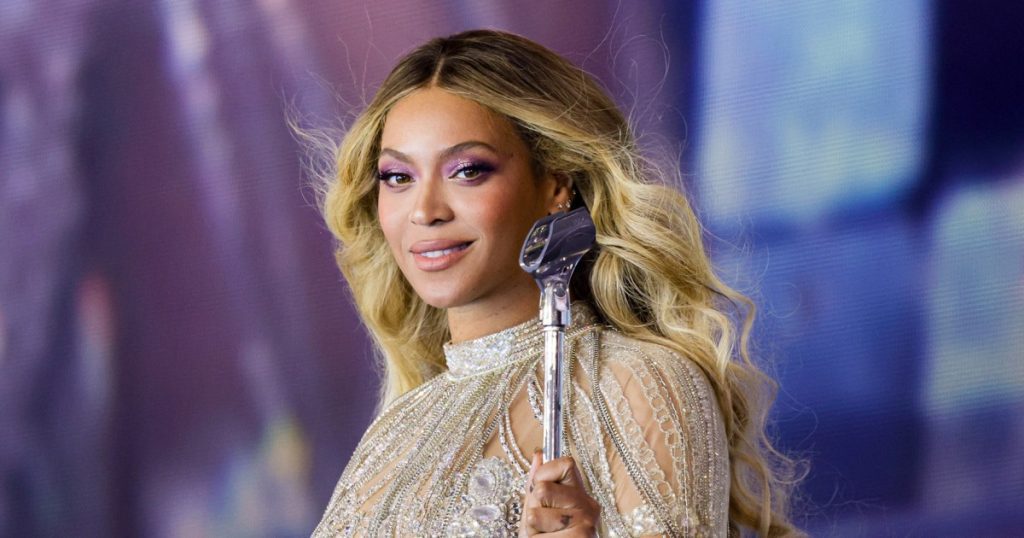A T-shirt worn by Beyoncé during her “Cowboy Carter” tour on Juneteenth has ignited a conversation about how Americans perceive their history, resulting in significant criticism directed at the Houston-native star.
This T-shirt, donned during a concert in Paris, featured images of the Buffalo Soldiers—Black U.S. Army units active in the late 1800s and early 1900s. The back of the shirt included a detailed description of these soldiers, stating, “their antagonists were the enemies of peace, order and settlement: warring Indians, bandits, cattle thieves, murderous gunmen, bootleggers, trespassers, and Mexican revolutionaries.”
Images of the shirt and clips from the performance are also available on Beyoncé’s website.
As she gets ready for performances in her hometown this weekend, fans and Indigenous advocates voiced their concerns on social media. They criticized Beyoncé for wearing a shirt that portrays Native Americans and Mexican revolutionaries as aggressors rather than victims of American imperialism, thus perpetuating anti-Indigenous rhetoric.
Despite the backlash, a spokesperson for Beyoncé has not commented on the situation.
Who were the Buffalo Soldiers?
The Buffalo Soldiers were formed in 1866, following the Civil War, and consisted of formerly enslaved men, free Black individuals, and Black Civil War veterans. They participated in numerous military conflicts—including the Spanish-American War and both World Wars—until their disbandment in 1951.
As noted on Beyoncé’s shirt, they engaged in various battles against Indigenous peoples, playing a part in the U.S. Army’s violent campaigns during westward expansion.
Historians scrutinize reclamation motive
Beyoncé’s recent album, “Act II: Cowboy Carter,” draws on American imagery, which many interpret as her effort to reclaim the cowboy narrative for Black Americans. Last year, she made history as the first Black woman to top Billboard’s country music chart, and “Cowboy Carter” earned her the 2025 Grammy Award for album of the year.
Historians like Tad Stoermer assert that Beyoncé is aware of the significance of the Buffalo Soldiers in the Black narrative regarding the American West. However, he also notes that the portrayal of the Buffalo Soldiers often intertwines with U.S. nationalist myths.
Online backlash builds ahead of Houston shows
This week, several Indigenous influencers and academics took to social media to express their disdain for Beyoncé, questioning whether she would apologize for the shirt’s language, which they deemed anti-Indigenous. Many postings echoed the sentiment of calling out the historical framing depicted on the shirt.
Critics like Chisom Okorafor emphasized the need for honesty about the Buffalo Soldiers’ actions, especially concerning their operations against Indigenous Americans and Mexicans. She argued that reclaiming America’s imperial history in a “progressive” manner is problematic and suggests that Black Americans can also partake in American nationalism.



